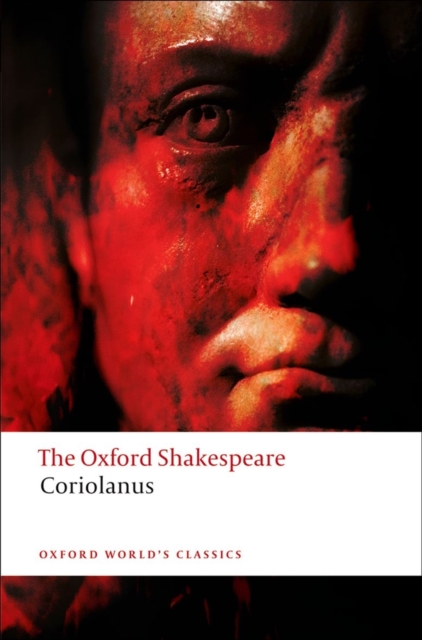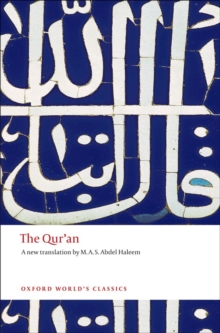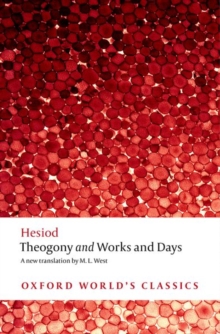
The Tragedy of Coriolanus: The Oxford Shakespeare Paperback / softback
by William Shakespeare
Edited by R. B. (Professor of English, Trinity College, Professor of English, Trinity College, Univers Parker
Part of the Oxford World's Classics series
Paperback / softback
Description
Coriolanus is perhaps the most brilliant political play ever written.
Set in Ancient Rome, it remains a gripping psychological study of the relationship between personality and politics. The introduction to this new edition considers Shakespeare's adaptation of his historical material (Plutarch's Lives) in relation to the social and political conditions in London and Stratford at the time of the play's composition, also offering new evidence that it was written in 1608.
Professor Parker examines the play's history and particularly its staging at the Blackfriars theatre, where it was probably the first of Shakespeare's plays to be presented and for which it may have been written.
A thorough commentary pays special attention to the needs of actors and directors.
ABOUT THE SERIES: For over 100 years Oxford World's Classics has made available the widest range of literature from around the globe.
Each affordable volume reflects Oxford's commitment to scholarship, providing the most accurate text plus a wealth of other valuable features, including expert introductions by leading authorities, helpful notes to clarify the text, up-to-date bibliographies for further study, and much more.
Information
-
Less than 10 available - usually despatched within 24 hours
- Format:Paperback / softback
- Pages:400 pages, 12 halftones, 1 map
- Publisher:Oxford University Press
- Publication Date:17/04/2008
- Category:
- ISBN:9780199535804
Other Formats
- Hardback from £172.50
Information
-
Less than 10 available - usually despatched within 24 hours
- Format:Paperback / softback
- Pages:400 pages, 12 halftones, 1 map
- Publisher:Oxford University Press
- Publication Date:17/04/2008
- Category:
- ISBN:9780199535804










